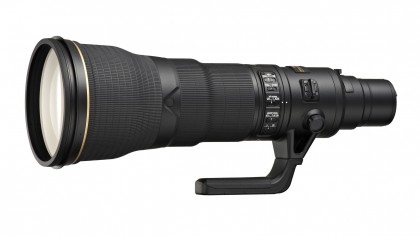Why renting camera kit makes sense
Try before you buy
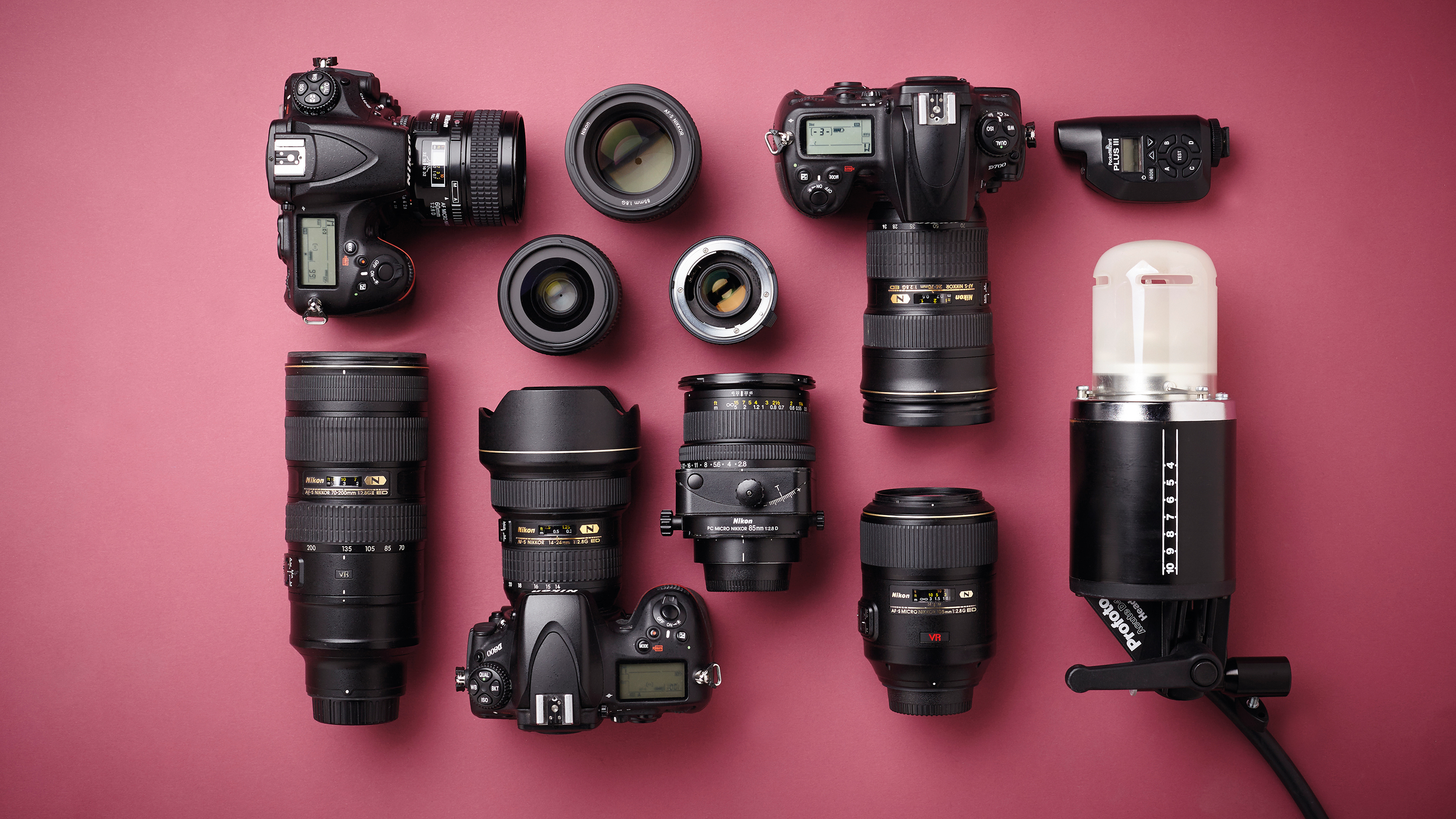
Sign up for breaking news, reviews, opinion, top tech deals, and more.
You are now subscribed
Your newsletter sign-up was successful
Photographers have never had it so good, with DSLRs such as the Canon EOS 5DS and Nikon D810 offering incredible levels of resolution for under £3,000. So you might not expect anyone, aside from a few specialist pros, to still be renting bodies and lenses in 2016.
Yet surprisingly, the rental market is big business. Major retailers such as Calumet and Wilkinson Cameras have long offered rental services as a successful sideline, but there are also plenty of newer companies that specialise in hiring gear to various market segments.
Horses for courses
The first misconception to clear up is that photographers who regularly rent do so because they are short of equipment.
"I have plenty of kit in my stockroom, but for one-off jobs it very much makes economic sense to hire specialist lighting," says Paul Cooper, a sports advertising photographer who regularly works with big brands such as Manchester United. "I have a job next week for AON that requires one particular lighting set-up, then another for high-speed action shots, then a generator. Buying these eight lights and generator for a one-off action shoot would cost many thousands of pounds. And it doesn't make sense when I can just rent it from Calumet."
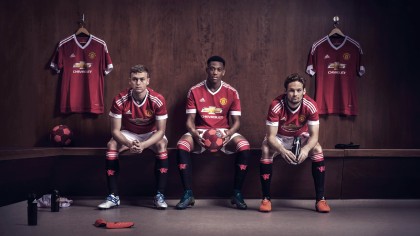
This point is echoed by landscape, travel and architectural photographer David Clapp. "I rent something when I have no reason to buy it as I wouldn't use it on a regular basis," he says. "For example, this week I hired a 17mm tilt and shift lens to shoot the inside of a yacht, which I don't get asked to do on a regular basis. Earlier this year I was out in the desert in the USA, and I hired a 24-70mm f/2.8 lens to help with low light. I wouldn't ever buy one of these lenses as it doesn't have image stabilisation. For general use I'd find it annoying, as I'd constantly be reaching for the tripod. If I'm leading a course on shooting the Northern Lights, I'll also rent a 24mm f/1.4 lens as it's ideal for the subject."
While there will always be a need to rent specialist wide angle or tilt and shift lenses for one-off jobs, there is also a new breed of high-quality, more mainstream glass that photographers are keen to use,
"The demand for decent glass has gone up," notes Guy Thatcher of www.hireacamera.com. "DSLRs are offering ever-increasing resolution and people are realising that they can get amazing results with high-quality lenses, particularly third-party ones from Sigma and Zeiss – the Otus and manual-focus Milvus range, for example.
Sign up for breaking news, reviews, opinion, top tech deals, and more.
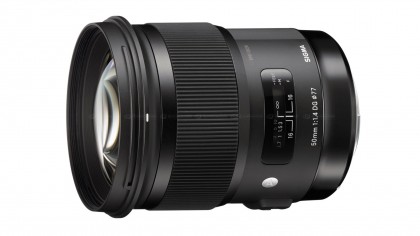
"It used to be a case of photographers going to Canon or Nikon if they wanted high-quality lenses, with Zeiss on the side: it was seen as quite old fashioned.
"But Zeiss is no longer producing lenses from the last century, and the Otus range is simply stunning: it's become really trendy. Sigma's Art range is getting rave reviews too, and Tamron's range is good. So more and more of our customers are renting a high-quality, third-party lens and using it with a high-resolution DSLR as they can get results comparable with medium-format, for significantly less outlay."
Renting lenses
Despite the adage that you should always spend on glass, some photographers are happy to rent lenses most of the time. "We have one pro client who prefers not to own any lenses at all," says Stewart Robertson of Lenses for Hire. "He's working the Asian wedding photography market, which tends to favour big-budget productions, so he goes and talks to the couple, finds out what they want and then hires the right lenses. It enables him to go and see clients with an open mind."
Interestingly, every company we spoke to cited proven workhorses such as the 24-70mm f/2.8 and 70-200mm f/2.8 zooms as their most popular lenses for hire – even though many pros and serious enthusiasts own these focal lengths in some shape or form already. "That's true, but the Canon EF 70-200mm f/2.8 L IS II USM still costs nearly £2,000, which is a lot if you only do a few weddings a year in the spring and summer as a sideline," adds Robertson. "And I don't see so many full-time pros these days. Lots of renters describe themselves as semi pros, and when they're asked to turn their hand to a variety of jobs, renting makes sense.
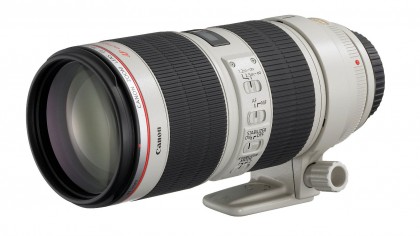
"Also, companies are increasingly asking that guy who works in IT and shoots the odd wedding to do some photography work for them, rather than bringing in a pro. And that guy from IT then comes to us to hire the lenses."
Rental companies also report a steady demand from well-heeled enthusiasts who rent long, fast prime lenses when they are going on safaris, birding expeditions or other once-in-a-lifetime trips.
